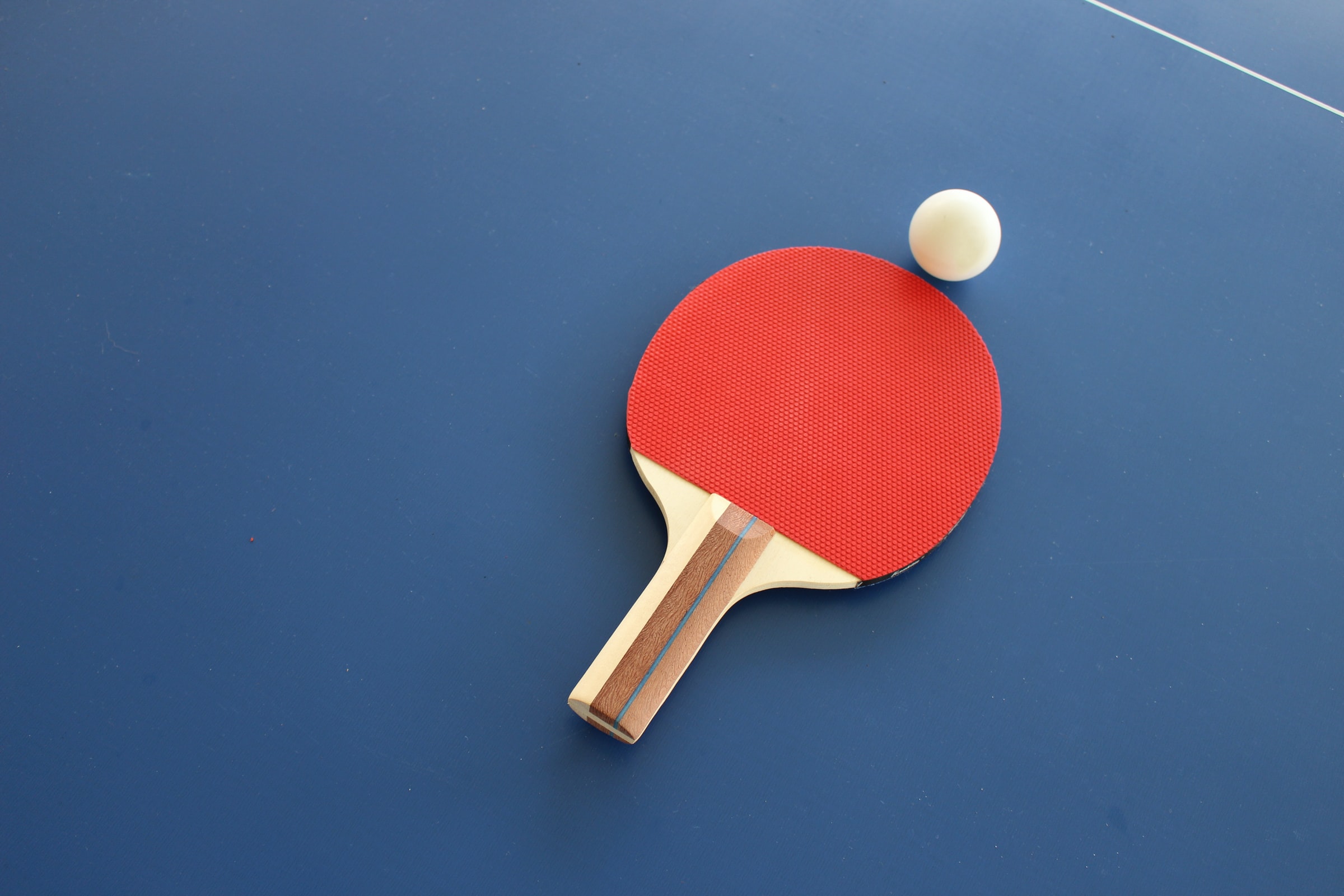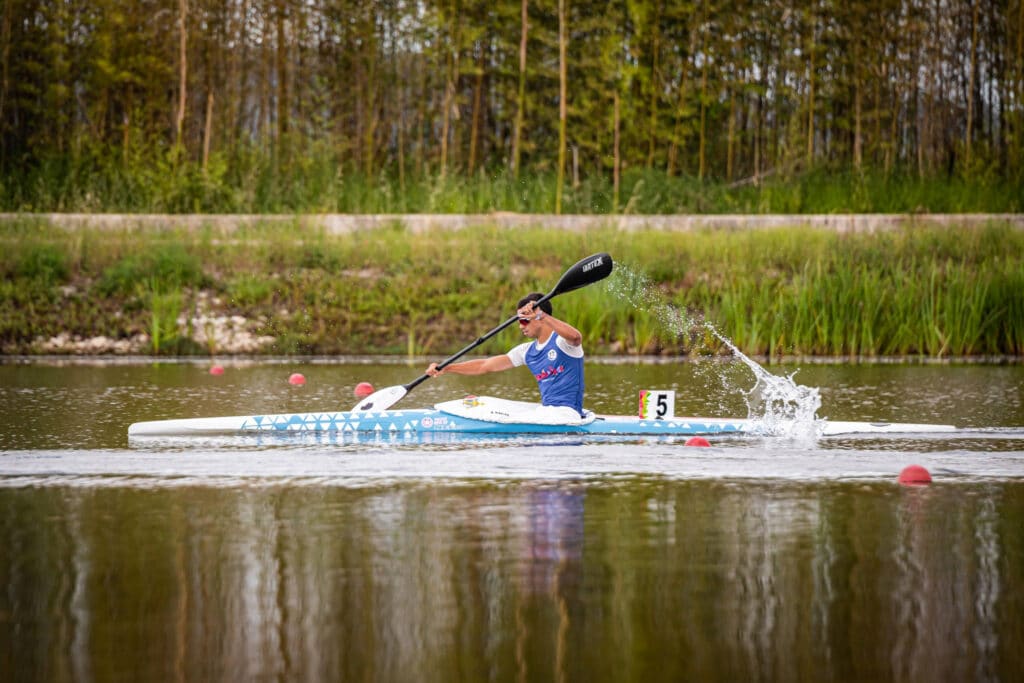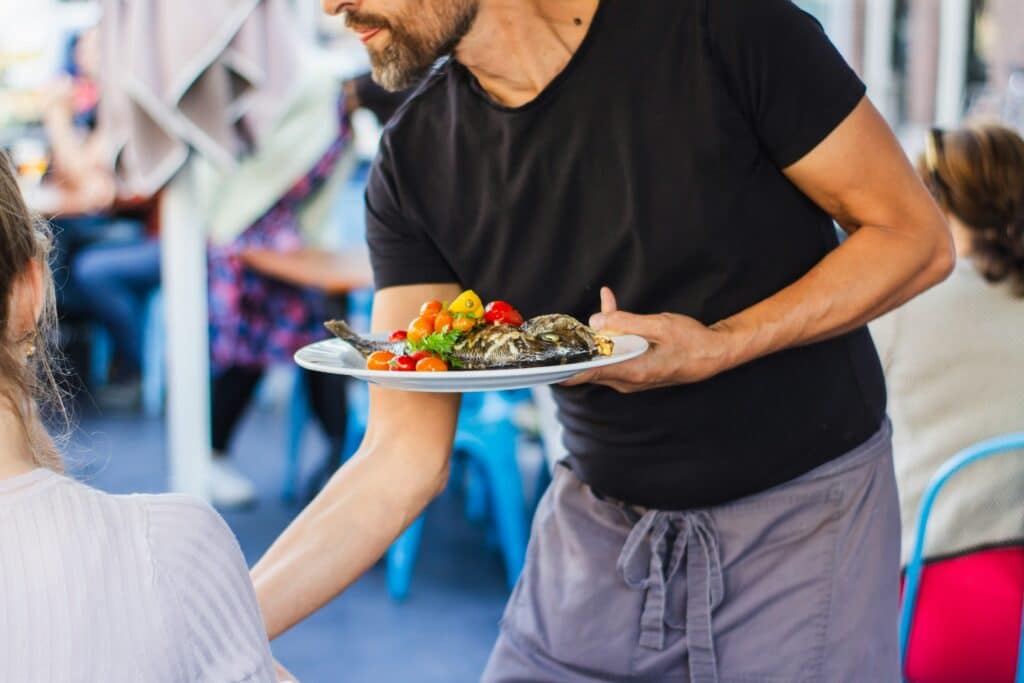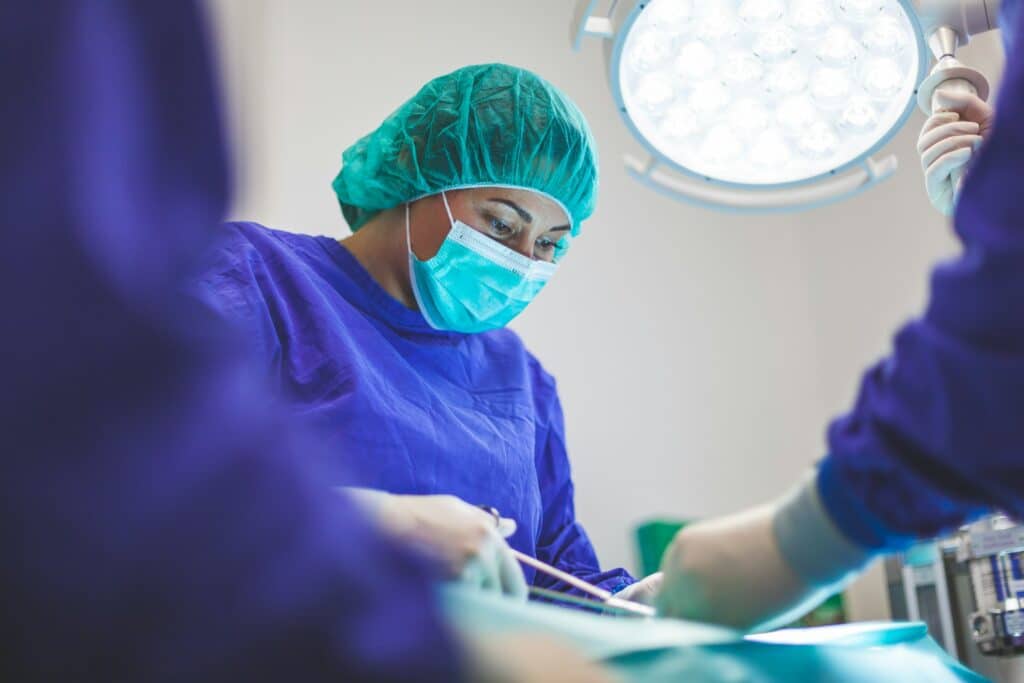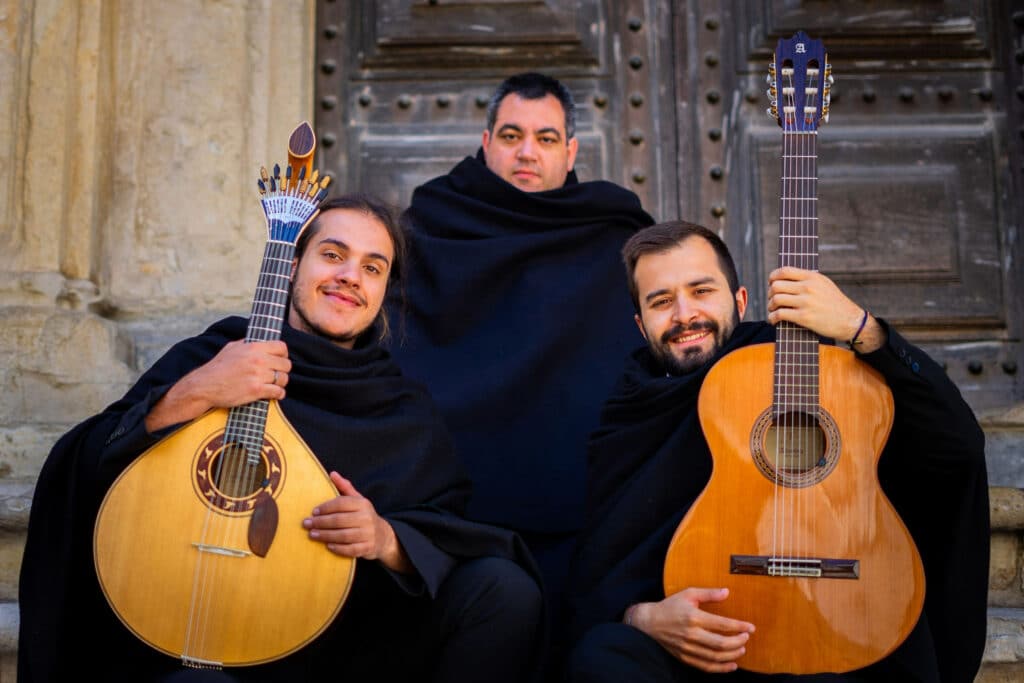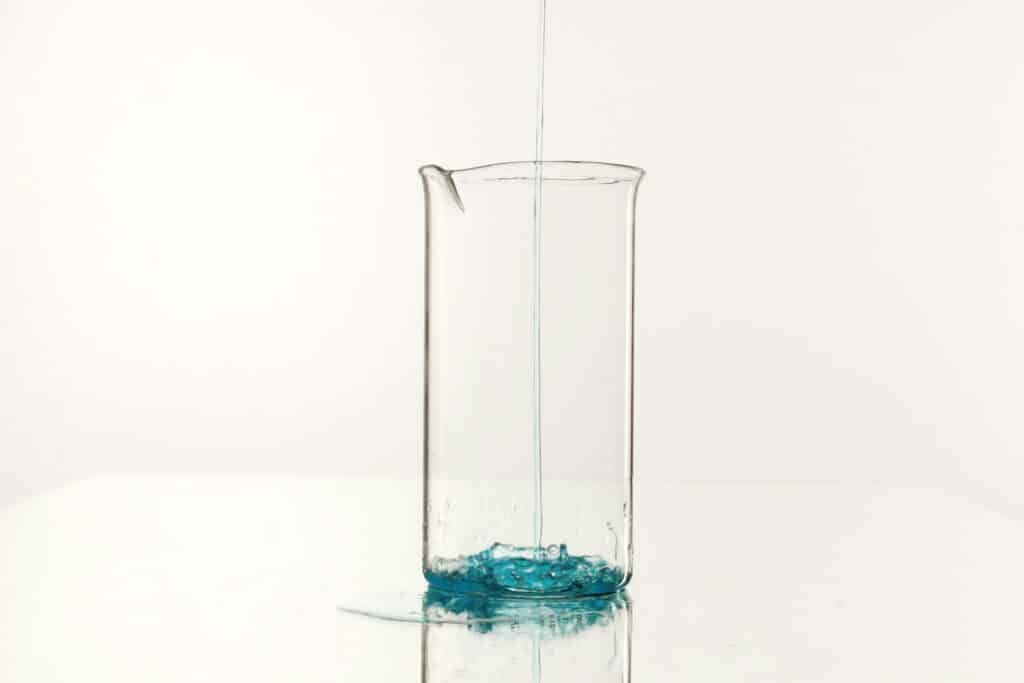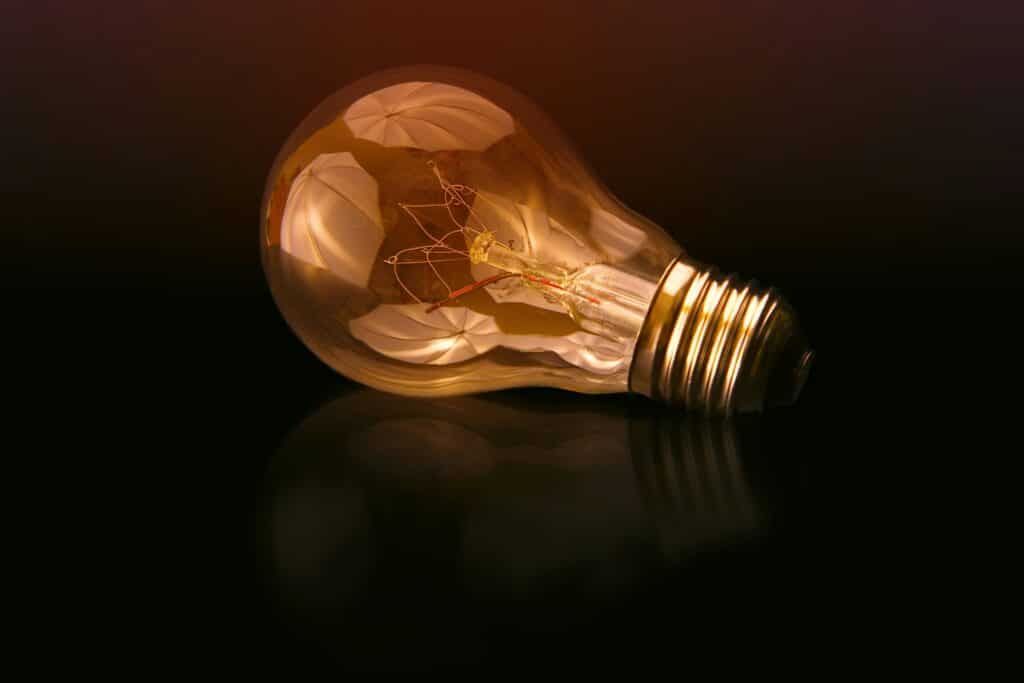Well, I suppose what immediately sprung to my mind was the cake, the wine and the ‘Flanders and Swann’ song about the wine. Apparently, Cristiano Ronaldo grew up there, but if I’m perfectly honest, I didn’t even know where it was, how big it was or even what country it belonged to…
That all changed in April when I was selected to go there to play in the 5th European Universities Table Tennis Championships later on in the year. I had been lucky enough to play in the same competition the previous year in Kazan, Russia, where the Cambridge team came 9th. A respectable position, but we knew we could have done better, so naturally I jumped at the opportunity to do it again. This year promised an equally intense competition between the top student-athletes from across the continent, many of whom boasted international caps and world rankings. It was to last the best part of one week and would be a hectic but varied schedule of practice, matches, ceremonies and interviews, and of course leisure time and a little sightseeing. It would be a chance to rekindle old friendships, see familiar faces and meet new companions. It would be a rare opportunity for me to play table tennis at a level that, due to the commitments of my PhD study, I rarely get the chance to. And the location didn’t sound too bad, either: a small Portuguese island in the middle of the Atlantic Ocean, 500 km off the coast of Africa called Madeira.
As I have said, I am a PhD student at Cambridge University, studying Materials Science. Cambridge, one of the oldest and most prestigious universities in the world, celebrated its 880th anniversary in 2009. It is a beautiful place, steeped in history and tradition, but it also is a place of discovery and creativity, as its many alumni show.
We were greeted by the organising team from Madeira University Students Union, who was very helpful throughout our stay, making the logistics of getting between the hotel, university, sports hall and canteen swift and almost effortless. I would describe it as ‘smooth’, but that was one thing it wasn’t: due to the mountainous nature of Madeira, we often found ourselves tossed around the minibus like a box of small white celluloid balls in a tumble dryer as the roads wound up, down and around the pretty streets of Funchal. Needless to say, we quickly learnt the value of seat belts!
The first two days there were spent acclimatising in the hotel pool and the practice hall, as our competitors arrived and the atmosphere built up steadily. We caught up with the other UK teams, from Nottingham, Imperial, Kings and Kent, and on the eve of the first matchday, we took part in the Opening Ceremony at the Madeira University Rectory. After parading into rapturous applause we listened to various speeches and stood for the anthem of the European Universities Sports Association, then we were treated to a fantastic display of traditional music, flag dancing and tambourine dancing by the university students.
The next day, the competition commenced with the group stages of the Team Event. Cambridge had been drawn with Karlsruhe, Ljubljana and Coimbra from Germany, Slovenia, and Portugal’s host nation, respectively. Our first match against the Germans went well: we each gave a solid performance to win 3-0. The next match against the Slovenians, two of whom were world-ranked, was more difficult and although we showed some moments of inspiration the final score was a 3-0 defeat. The other results in our group meant that in order to guarantee progress to the knockout we needed to beat Coimbra, who finished four places above us last year and whose support from the Madeiran crowd had been growing all afternoon. We duly stepped up to the challenge and 3-0 was again the scoreline, in our favour, ensuring our continued participation the following morning.
And so, as the sun rose over the East of Funchal into a clear blue sky, we began preparing for a Quarter Final against Rzeszow, Poland, who had thrashed our fellow countrymen Imperial in the group stages. It was to be our hardest challenge yet; three relatively unknown British students table tennis enthusiasts versus a team of internationals who had won Silver and Bronze in the last two years’ championships. Unfortunately, we couldn’t repeat the heroics of the last round and lost 3-0. The competition was eventually won by another Polish University, Jozef Rusiecki, and although we were out, we felt good about our performance. We’d exceeded expectations in being the only British team in the last eight and only lost to teams who medalled.
After two more days of Individuals Competition and picking up a few tournament t-shirts as obligatory souvenirs, we attended the Closing Ceremony, at which we were wined, dined and entertained in traditional Madeiran style. It had been a great experience all-round and I’m very glad I could be a part of it. The people, the climate, and the scenery all make Madeira such a wonderful place to be – I hope I can return someday to explore more of the island. But until then I have photos, Madeira cake (which actually is denser and treacly than how I’d imagined) and wine (the effects of which are identical to what I imagined!) to bring back pleasant memories of my time on that little island in the Atlantic, 500 km off the coast of Africa.
Hamish Yeung
Cambridge University, UK reports on a
sporting visit to the “Atlantic Pearl”




